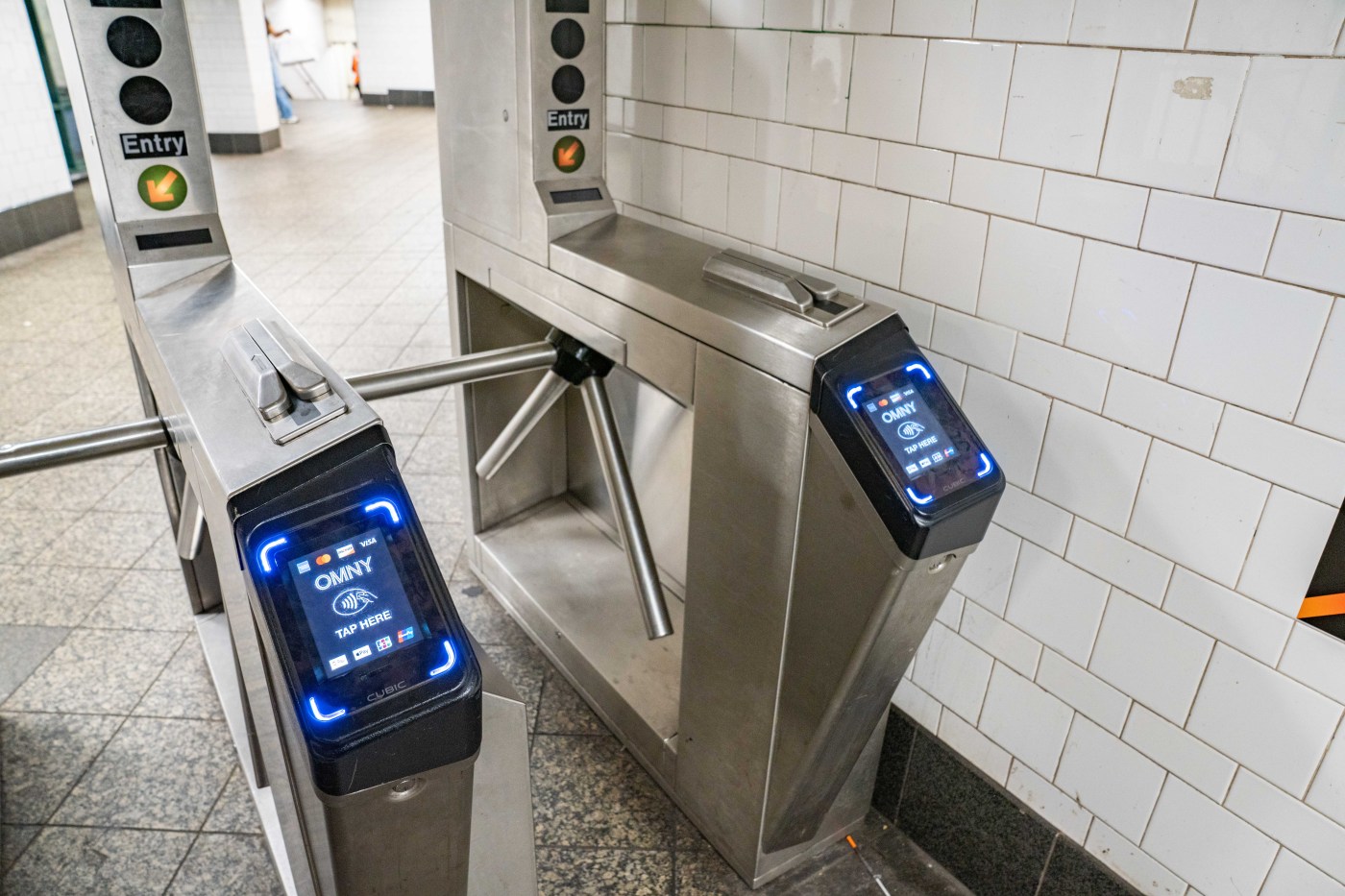A fare increase for New York City’s public transit system will take effect in January 2024, raising subway and bus fares from $2.90 to $3.00. Although the increase of ten cents may seem minor, it has prompted discussions about the long-term sustainability of the city’s transit network and the financial pressures faced by the Metropolitan Transportation Authority (MTA).
The last fare hike occurred two years ago, aligning with the practice of adjusting fares every two years in relation to inflation. This approach, often referred to as the Ravitch Rule, is named after former MTA chairman Dick Ravitch, who played a critical role in stabilizing the subway system. Proponents of this rule argue that while fare increases are not popular, they are essential for maintaining a functioning transit system.
Critics, including Mayor Eric Adams, oppose the fare hike, citing potential backlash from commuters. Adams, reportedly eyeing reelection, faces pressure to align with public sentiment. Nonetheless, advocates for the fare increase emphasize the importance of adhering to the Ravitch Rule, warning that postponing hikes can lead to more significant increases down the line.
In addition to the fare increase, the MTA has faced criticism regarding its public engagement process. The agency has planned only three public hearings within a 24-hour window, all located in downtown Brooklyn. This decision has raised concerns about accessibility for riders from other boroughs who may wish to voice their opinions.
Beginning in January, the MTA will also transition to the OMNY system, which allows riders to use OMNY cards, certain credit or debit cards, and smartphones for fare payment. The traditional MetroCard will be phased out, although many commuters still rely on it. Critics have pointed out that the removal of MetroCard vending machines from various stations complicates access for those without electronic payment options.
Beyond the subway fare changes, there is positive news for New Jersey transit riders. After long-standing complaints regarding an additional surcharge for rail passengers traveling to Newark Airport from Manhattan’s Penn Station, NJ Transit eliminated the fee on July 1, 2022. This change has been welcomed by commuters who previously faced extra costs for airport access.
As the MTA prepares for the new fare structure, the agency must navigate the balance between financial stability and public satisfaction. Stakeholders across New York will be monitoring how these changes impact daily commuters and the overall efficiency of the city’s transit network.
